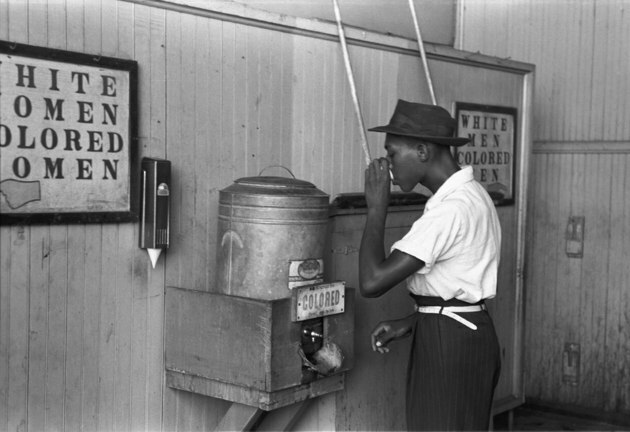Communism is a political and socioeconomic ideology based on the abolition of private property and social classes. Capitalism, on the other hand, refers to a socio-economic system based on the right to private ownership of the means of production and free trade in goods and products.
In general, the term capitalism is used generically to refer to structures based on liberalism. Liberalism understands the right to property as a fundamental right, which is the great difference between this model and communism.
Communism, on the other hand, is generally understood as a later phase of socialism. It is based on the existence of a single social class, the proletariat, and on the extinction of the State.
| Communism | Capitalism | |
|---|---|---|
| Meaning | Political and socioeconomic ideology that preaches the positive abolition of private property and social classes through the collectivization of the means of production. | Social system whose mode of production is based on the free market, on the exchange of goods and services aimed at generating financial value (profit). |
| main features | Abolition of private property; |
Preservation of the fundamental right to private property; |
| Main theorists | Karl Marx and Friedrich Engels | Adam Smith, David Ricardo and Alfred Marshall |
| Society | Egalitarian, classless in which individuals can devote themselves to nature itself. | Individuals free to act in their own interest. |
What is communism?
Communism is a political, social and economic ideology based on an egalitarian society, without any kind of social division or classes.
It may also refer to the concept of primitive communism developed by archeology. In a prehistoric period, human beings were organized equally within the first societies.
However, the most common use of the term refers to the thinking developed by Karl Marx and Friedrich Engels. According to them, communism is an egalitarian society, without social classes, achieved through the abolition of private property and collectivization of the means of production.
This society would take place from the historical development of humanity and the overcoming of capitalism. For Marx and Engels, the end of capitalism would take place through a revolution that would initiate the socialist phase. In it, private property and social classes would continue to exist, but under the command of the working class, the proletariat.
During this period, called the "dictatorship of the proletariat", a process of re-education and transformation of society would take place. Property would be abolished and production would have as its strict objective the satisfaction of everyone's needs.
From then on, the figure of the State would become irrelevant, and could also be abolished, establishing a society where production is common to all.
This stage is summarized in the motto: "From each according to his ability; to each according to his needs". In other words, each individual should produce respecting his capacity and receive so that he can supply all his needs.
Thus, communism is understood as an egalitarian society, without classes, without private property, internationalist and without the presence of the State.
Throughout the 20th century, several countries had socialist regimes to a greater or lesser extent. However, there was none that managed to fully implement the proposals developed by Marx and effectively become a communist country.
What is capitalism?
Capitalism is a social and economic system based on the free market, on the right to private property and for profit.
In this system, the main means of production is capital itself, in the form of money or credit. Capital enables the production of goods and services according to the laws of supply and demand.
Unlike communism, capital accumulation is not understood as a harmful effect on the social structure. On the contrary, for Adam Smith, one of the main thinkers of liberalism, people's self-interest makes them productive and adapt to the system.
For him, the possibility of profiting by accumulating capital increases production and consumption. Thus, individuals are guided by an "invisible hand" to the realization of good for society.
This "invisible hand" of the market would make the offer of products possess an ever better quality and with ever lower prices. This would make more people consume and increase the producer's profit and enable new investments in production. Thus, generating a virtuous circle of production and consumption, supply and demand.
Capitalism also differs from communism in that it does not have a well-defined social, political and economic structure. On the contrary, capitalism comprises several models that are quite contrasting with each other. As, for example, the welfare state, the laissez-faire and neoliberalism.
The welfare state preaches that governments guarantee the minimum of basic rights for a dignified life that allows free association between people and the free market. O laissez-faire ("let me do it", in French) has a strong idea that society is capable of organizing itself, without the need for constant State intervention.
Neoliberalism, on the other hand, preaches the minimal State, the gradual decrease of the State's presence and the self-regulation of the economy based on the rules of the market.
See also the differences between:
- capitalism and socialism
- bourgeoisie and proletariat
- Bolsheviks and Mensheviks


